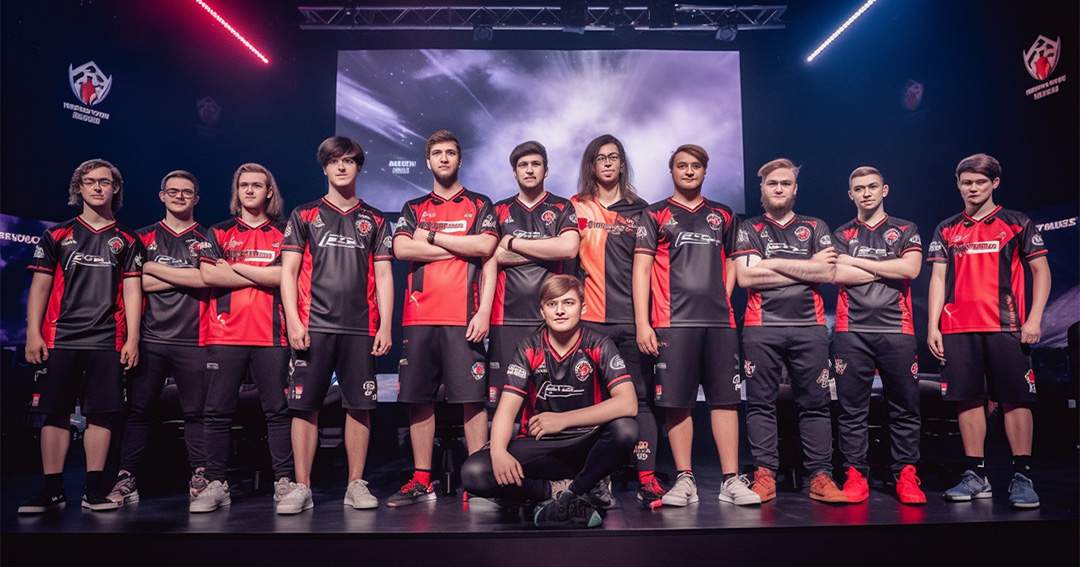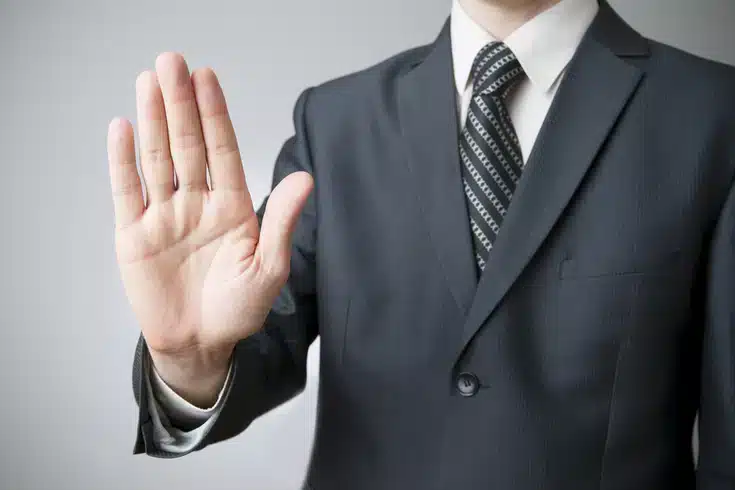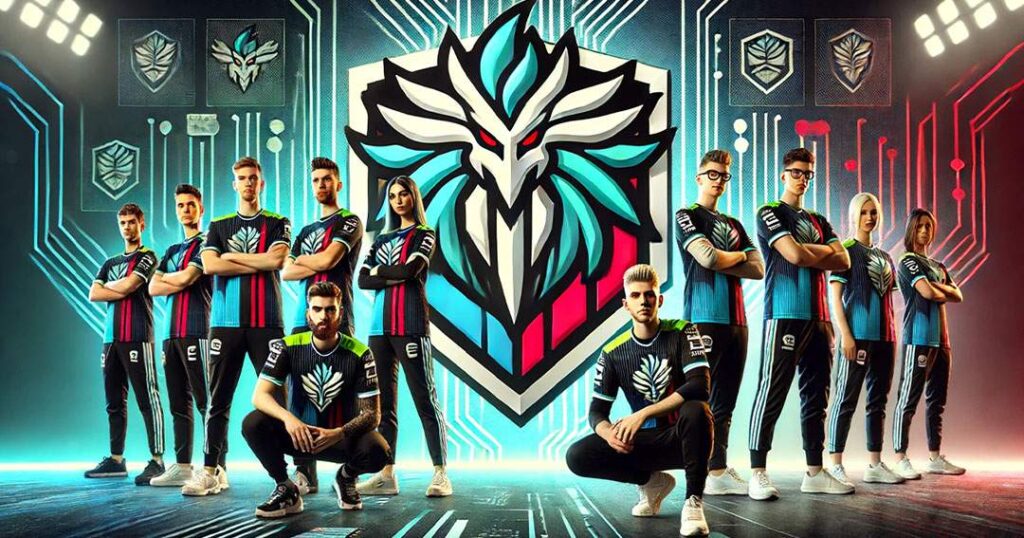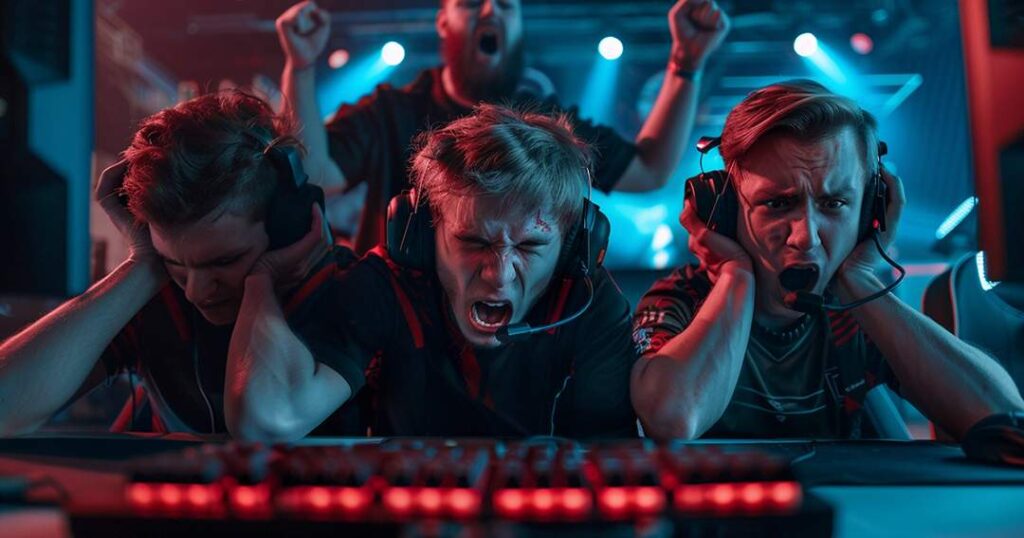Portrait Rights and Legal Protection in Digital Games

Rights Management of Real-Life Individuals in Digital Game Content
Practical Approaches to Rights Management
When development companies incorporate the likeness or real names of actual sports players into digital games, there are significant legal considerations to address.
Particularly noteworthy is the management of publicity rights.
In practice, these rights are commonly transferred through contracts.
For professional athletes, Japanese professional sports organizations often manage these rights, while for celebrities, the rights are typically managed by their affiliated Japanese talent agencies.
An important precedent in this context is the lawsuit concerning the portrait rights of professional baseball players (Tokyo District Court, August 1, Heisei 18 [2006], Hanrei Jiho No. 1265, p. 212).
In this case, the validity of the license obtained by the game company through the baseball organization was recognized.
This serves as a classic example of the importance of obtaining permission from the appropriate rights holders.
As a practical approach, a thorough investigation of the rights relationships is essential.
Following this, it is crucial to identify the appropriate negotiation counterpart and engage in detailed discussions regarding usage methods, compensation, and other relevant terms.
Given the nature of digital content, clearly defining the scope of the license is also important.
By including all anticipated usage methods in the contract, potential future disputes can be avoided.
Criteria for Determining Rights Infringement Based on Judicial Precedents
The background of such practical responses lies in established judicial precedents.
The Japanese Supreme Court, in the Pink Lady Case (Supreme Court Decision, February 2, 2012 (Heisei 24), Minshu Vol. 66, No. 2, p. 89, Hanji No. 2143, p. 72, Hanyu No. 1367, p. 97), provided clear criteria for when an infringement of publicity rights is recognized.
Specifically, infringement of publicity rights is acknowledged in cases where a likeness or similar representation is commercialized as an independent object of appreciation, used as a differentiating element of a product, or utilized for advertising purposes.
In light of the intent of this precedent, the unauthorized use of a celebrity’s likeness or name in digital games constitutes a clear infringement of rights.
Legal Basis and Fundamental Understanding
As a foundational legal concept in these precedents, every individual possesses fundamental rights (right of publicity) regarding the use of their image and name.
For public figures, particularly athletes and entertainers, the right to exclusively leverage the economic value of their name and image, namely their customer attraction power, is recognized as the “right of publicity.”
These rights are legally grounded in personal rights.
Legal Interpretation Concerning Tangible Objects
On the other hand, different interpretations have been presented regarding tangible objects.
The Japanese Supreme Court, in the Gallop Racer case (Supreme Court decision on February 13, Heisei 16 (2004), Minshu Vol. 58, No. 2, p. 311, Hanji No. 1863, p. 25, Hanta No. 1156, p. 101), denied the establishment of publicity rights for objects.
As a result of this decision, the use of famous objects or animals in games does not pose an issue from the perspective of publicity rights.
However, there is a possibility of separate legal protection for the names or shapes of objects that have been registered as trademarks.
Additionally, the rights of real-life individuals, such as jockeys of racehorses, remain protected.
Furthermore, it is important to note that personality images may be protected under the Japanese Copyright Act.





















